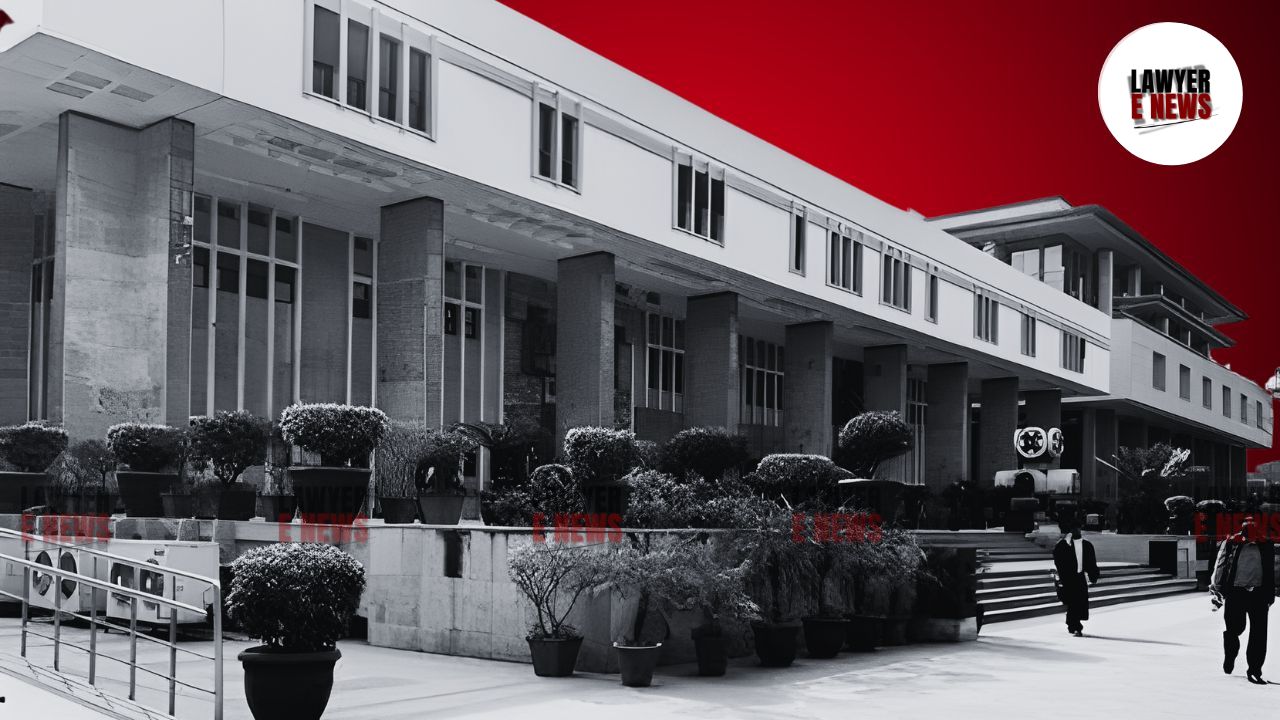-
by Admin
15 February 2026 5:35 AM



High Court Orders Specific Performance in Property Dispute, Invalidates Subsequent Sale for Lack of Registered Deed. Delhi High Court has decreed specific performance in a property sale dispute, ordering the execution of a sale deed in favor of the appellant, Om Prakash. The judgment, delivered by Justice Purushaindra Kumar Kaurav, underscores the primacy of prior agreements in real estate transactions and nullifies subsequent sales when the buyer is aware of an existing contract.
The dispute arose from an agreement to sell property No. B-100 in Shiv Vihar, Delhi, between Om Prakash (appellant) and Sheesh Ram (since deceased), dated July 29, 2008. Om Prakash paid an earnest amount of ₹2,00,000 as part of the total consideration of ₹18,45,000. The balance was to be paid by October 31, 2008, upon which the sale deed would be executed. However, Sheesh Ram did not appear before the Sub-Registrar on the agreed date. The next day, Om Prakash discovered that Sheesh Ram had executed another set of documents in favor of Munesh Gupta (Respondent No. 2), purporting to sell the same property.
The High Court meticulously reviewed the facts, finding that Om Prakash had demonstrated his readiness and willingness to complete the transaction as per the initial agreement. Justice Kaurav highlighted that the agreement to sell dated July 29, 2008, took precedence over the subsequent transaction with Munesh Gupta, who was aware of the existing contract. The court noted, "The respondent/defendant No. 2 entered into the agreement to sell even after being cognizant of the fact that there already existed an agreement regarding the same property in favor of the appellant/plaintiff."
The court rejected the trial court's finding that Munesh Gupta was a bona fide purchaser, emphasizing that he could not claim such status as he was aware of the prior agreement. The court observed that the transfer of property requires a duly executed and registered sale deed, which was absent in the case of Munesh Gupta. The judgment states, "The respondent/defendant No. 2 cannot be held to be a bona fide purchaser as no sale deed has been executed till the passing of the impugned judgment and decree."
The court drew upon established legal precedents, including the Supreme Court's rulings, to affirm that the mere agreement to sell does not confer ownership rights. It reiterated that the execution and registration of a sale deed are essential to transfer ownership of immovable property, as outlined in the Transfer of Property Act, 1882.
Justice Kaurav remarked, "The discretionary remedy under the erstwhile Section 20 of the Specific Relief Act has now been made a statutory remedy. The amendment effectively brought back the focus on specific performance so as to ensure that the sanctity of contracts is maintained and contractual obligations are enforced."
This ruling by the Delhi High Court reinforces the sanctity of contracts in real estate transactions and provides clarity on the rights of parties involved in such disputes. The court's decision to enforce specific performance not only protects the interests of the rightful buyer but also serves as a deterrent against unscrupulous practices in property sales.
Date of Decision: August 20, 2024.
Om Prakash v. Sheesh Ram & Ors.
